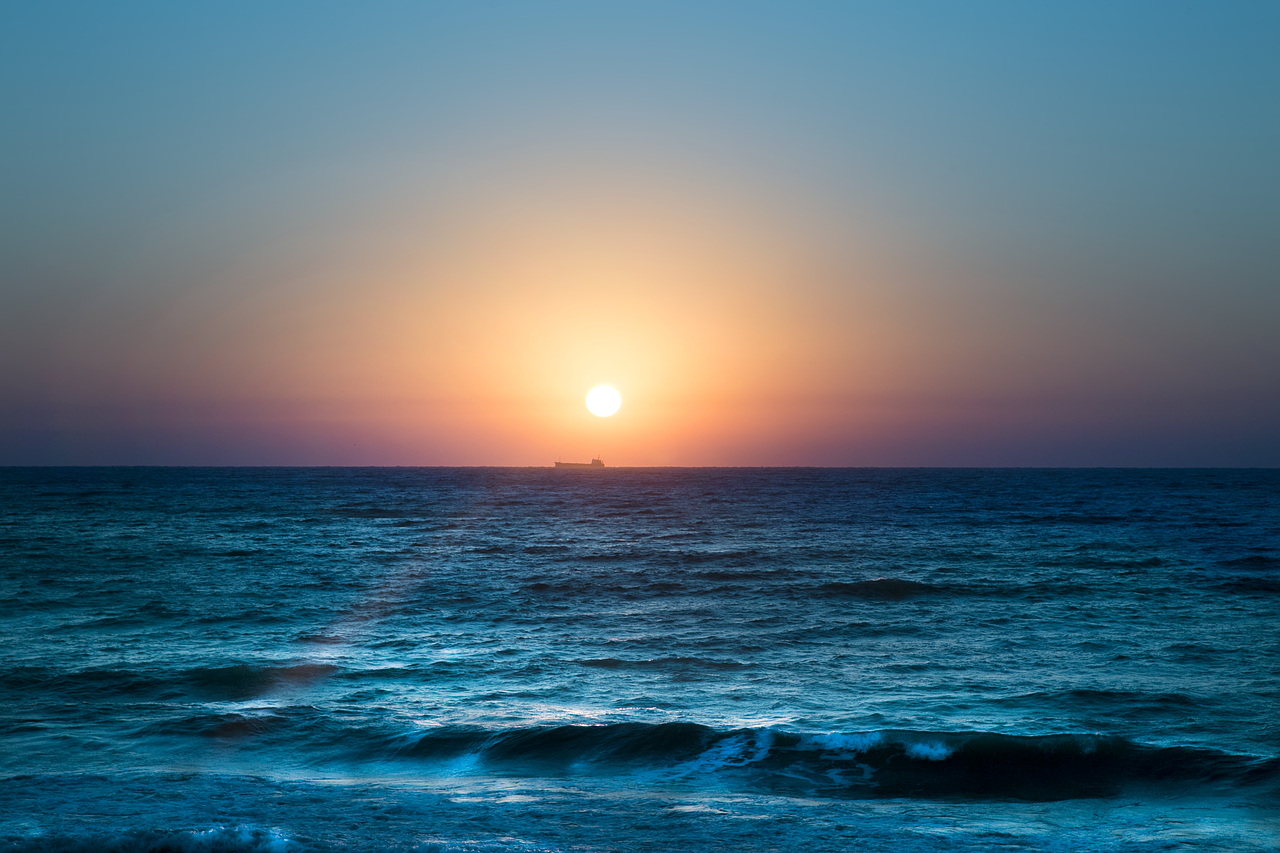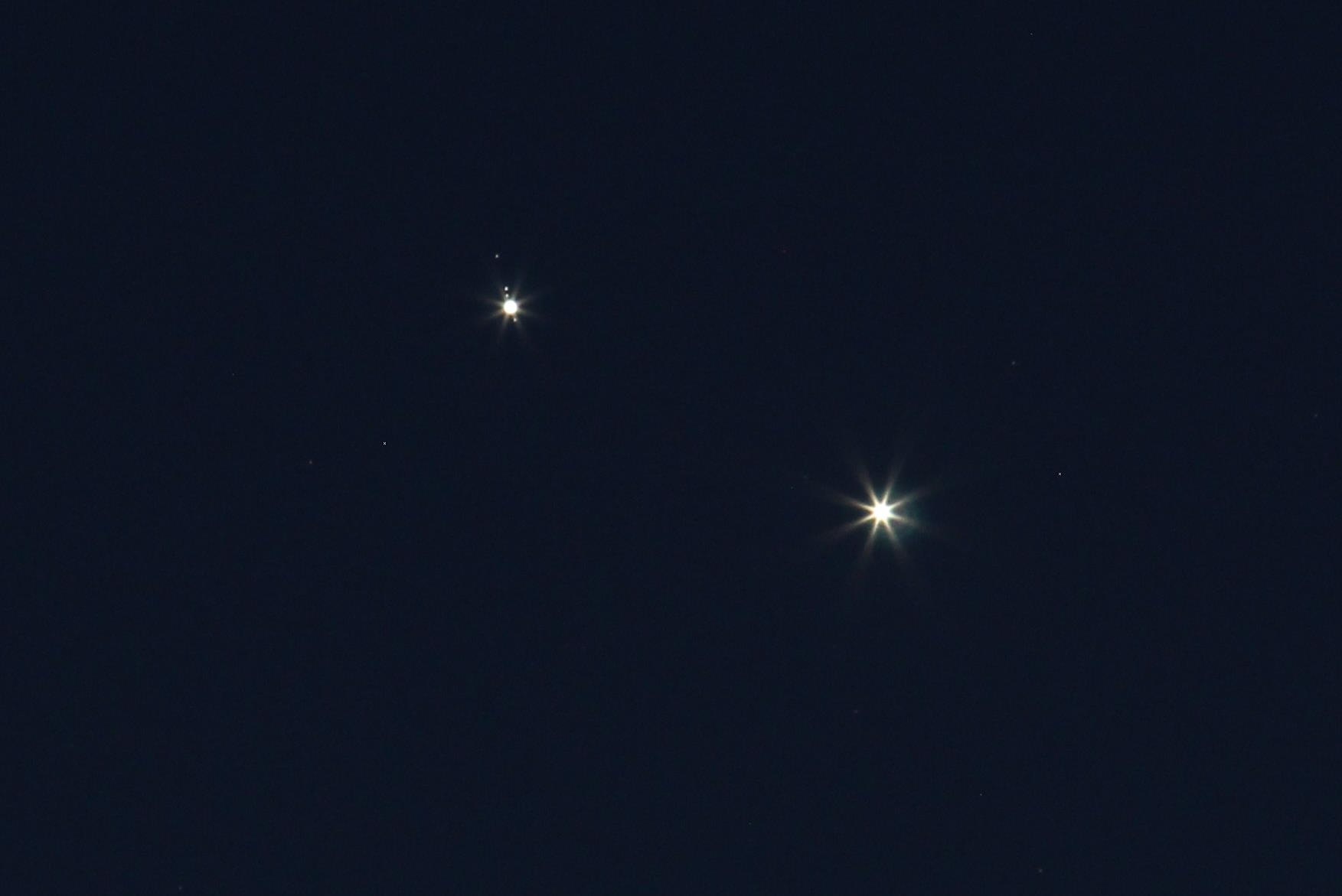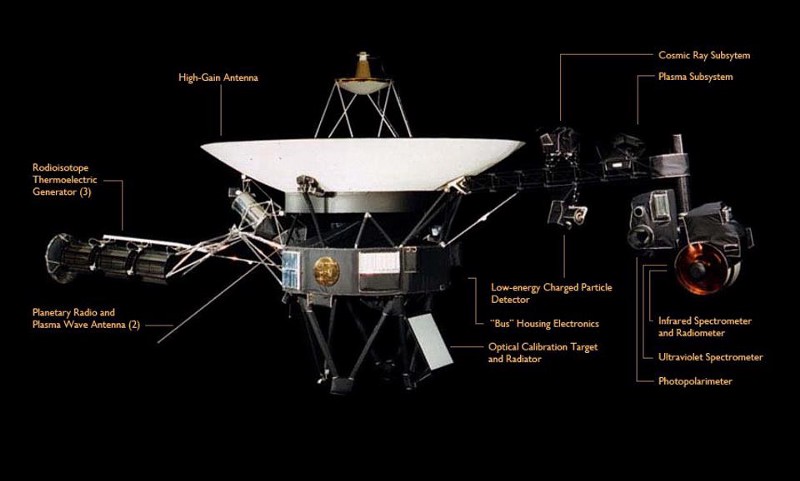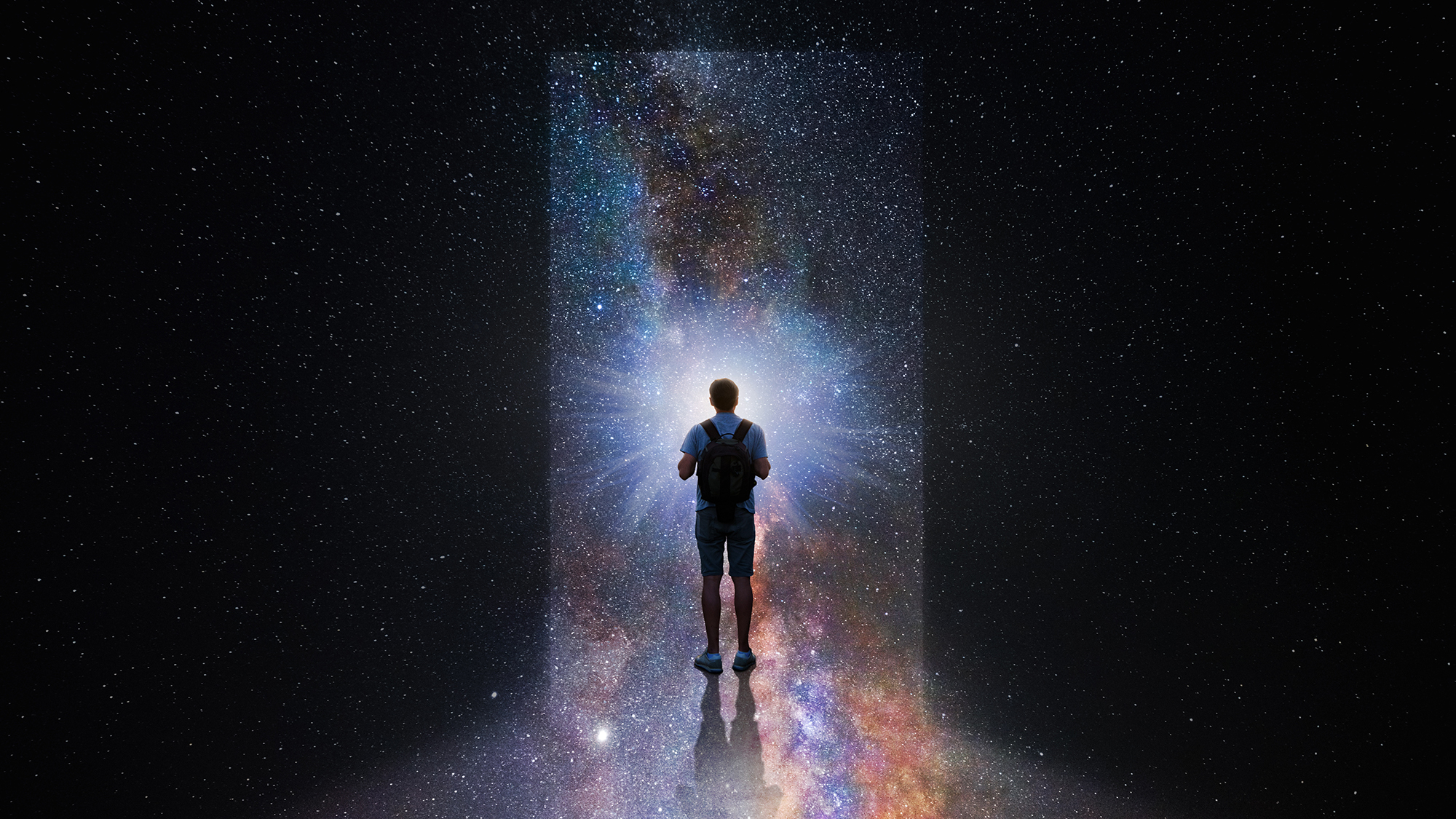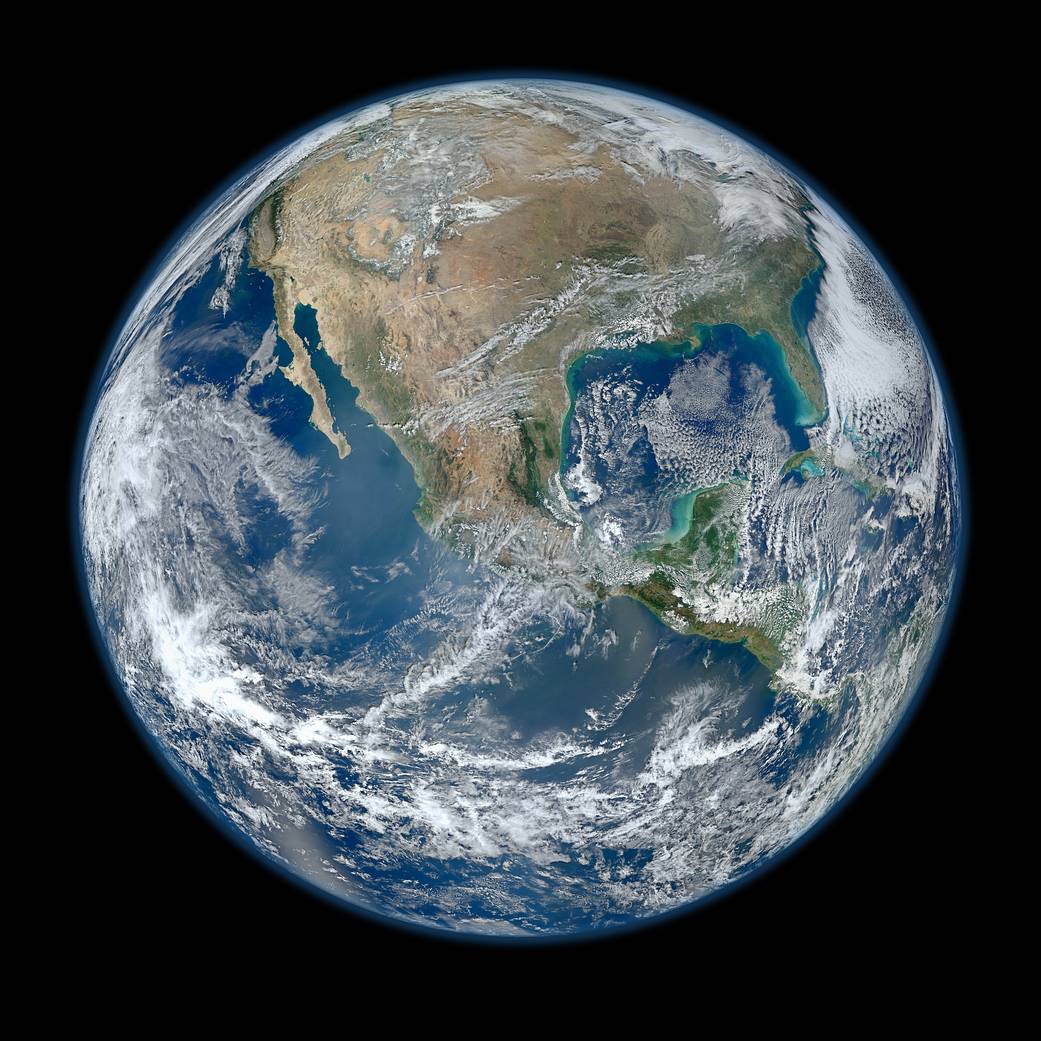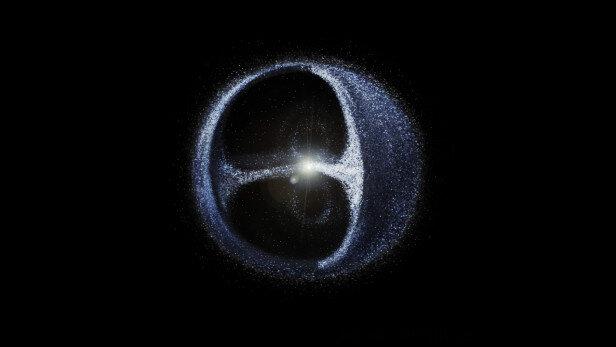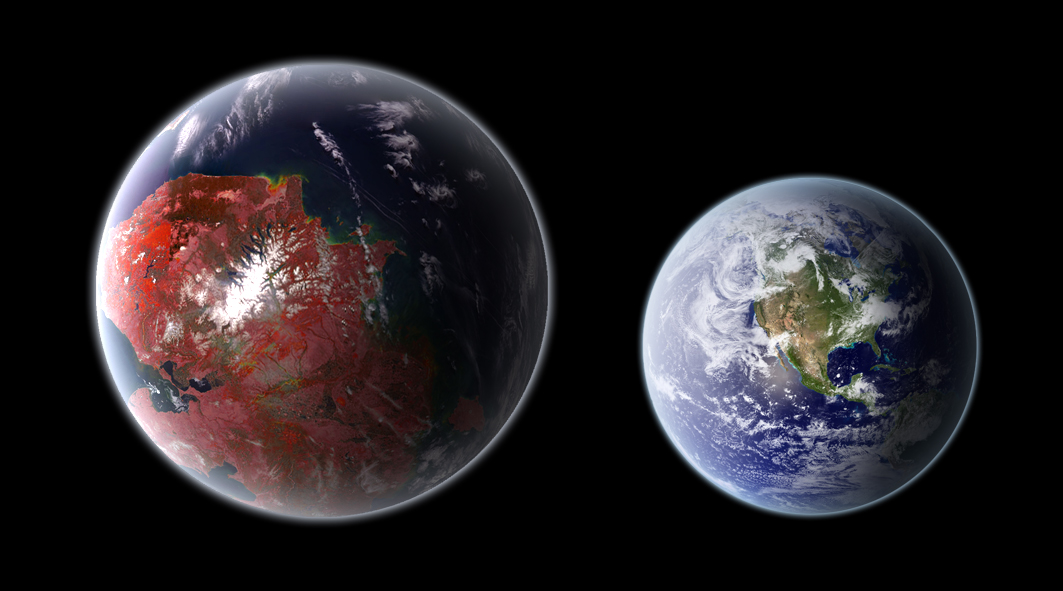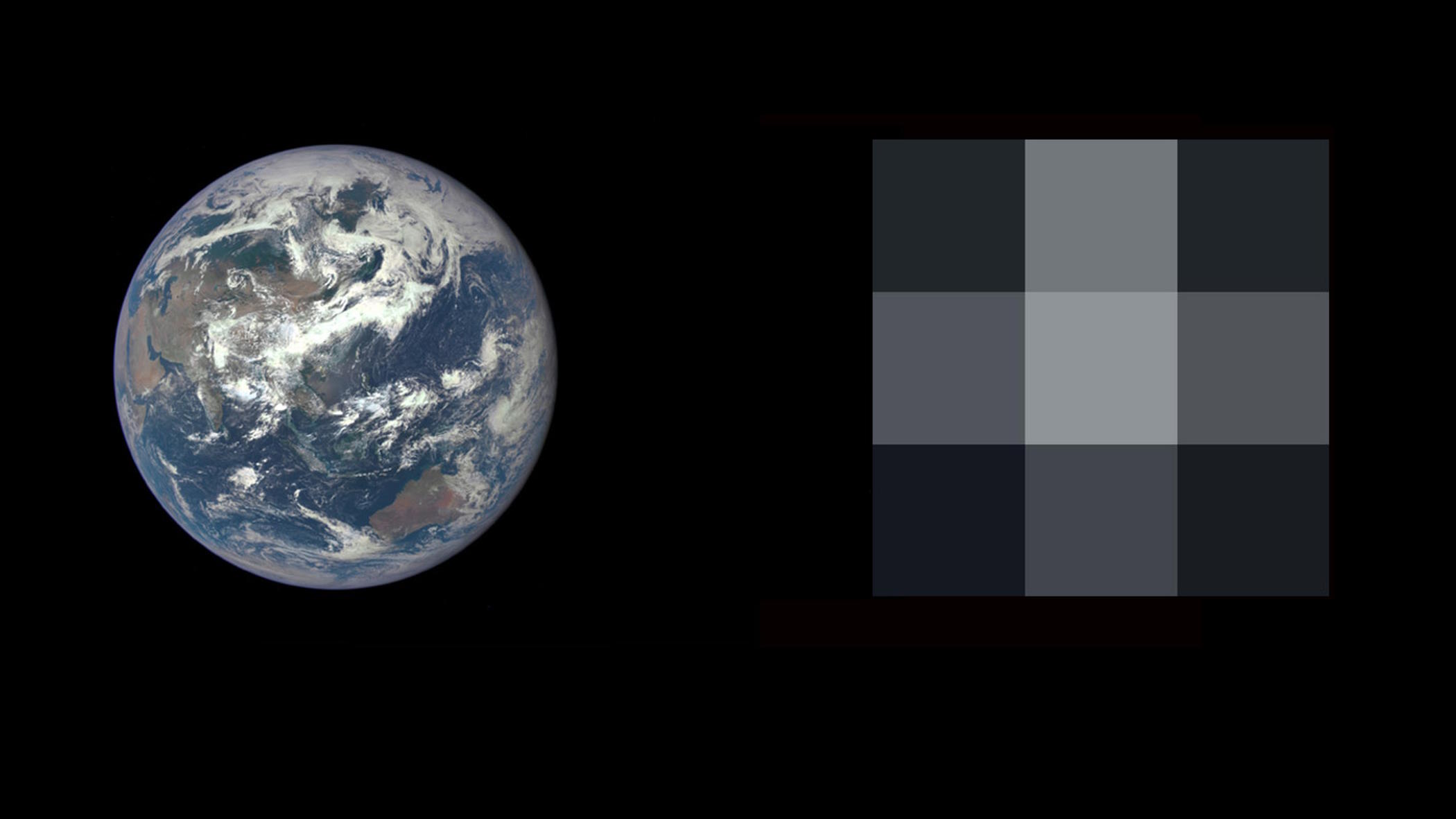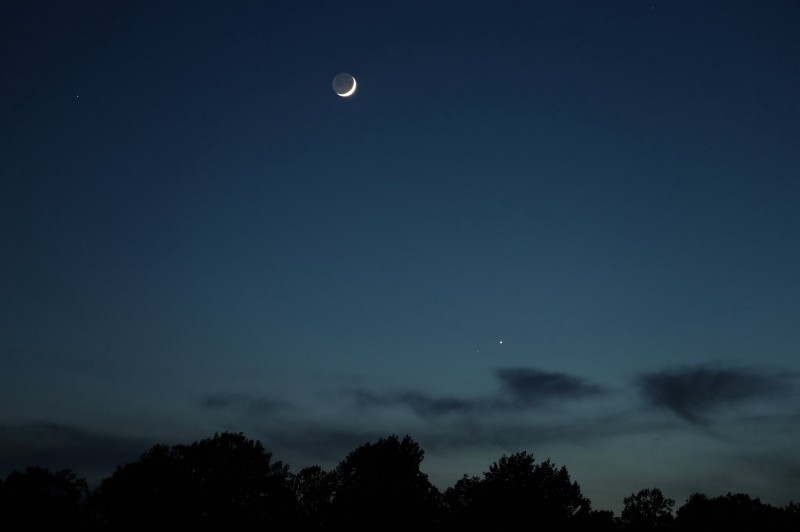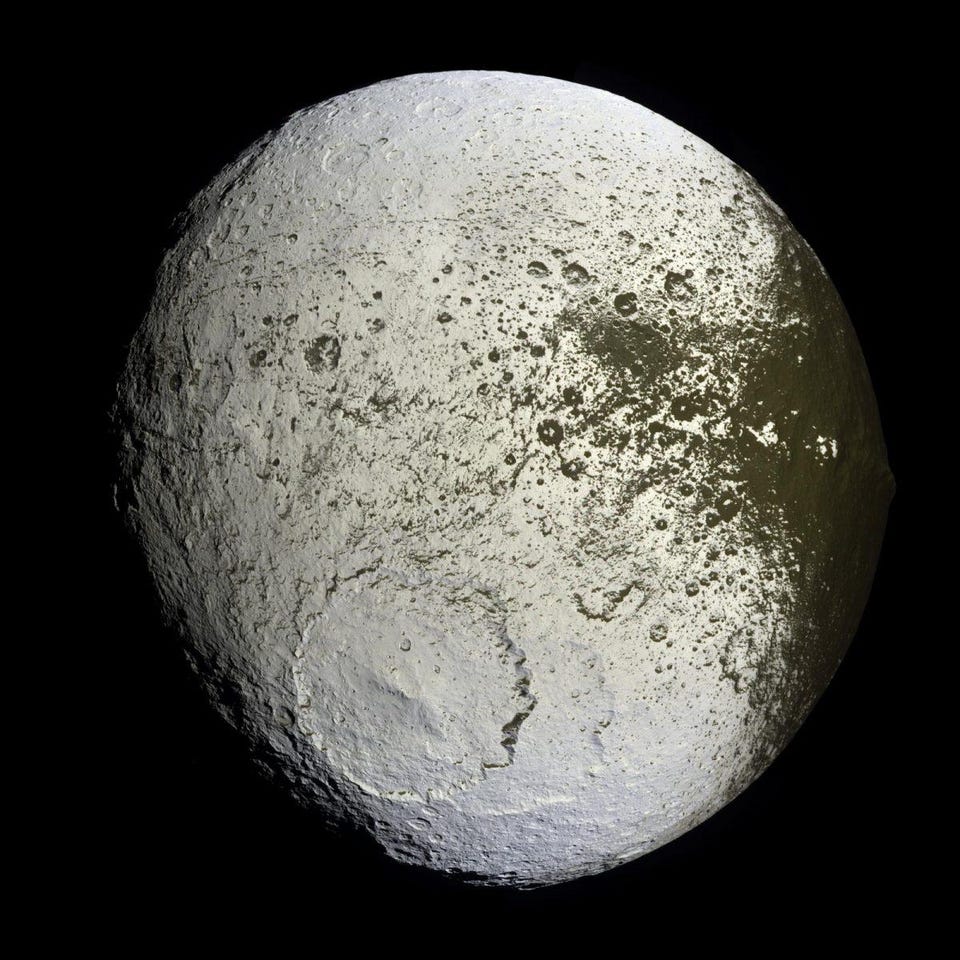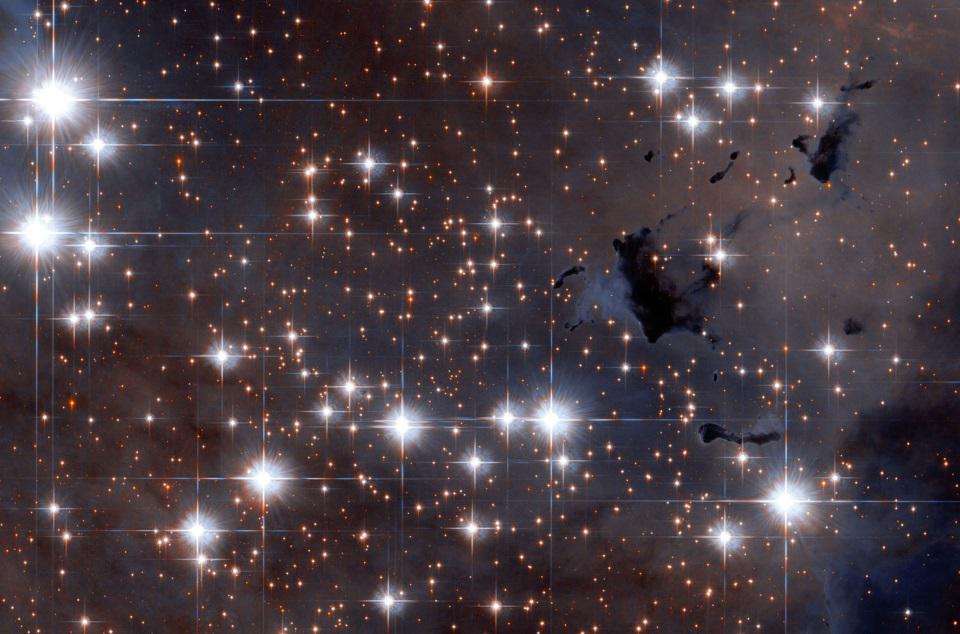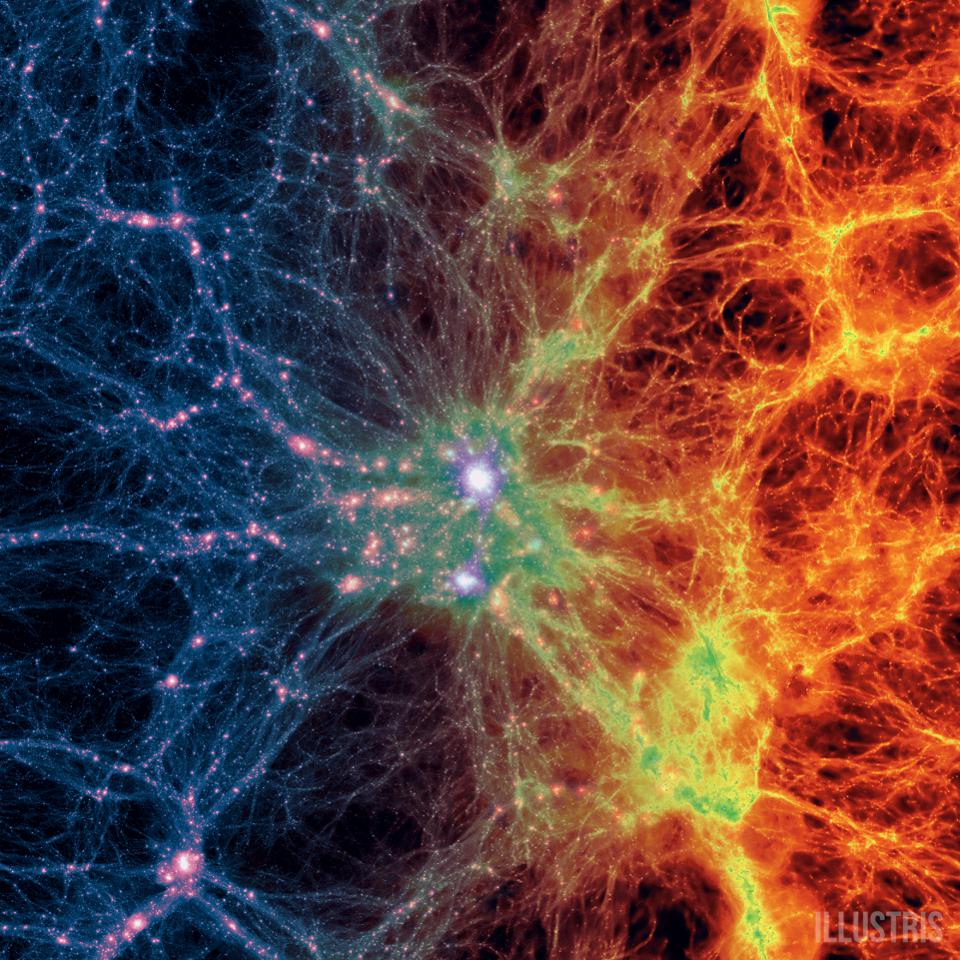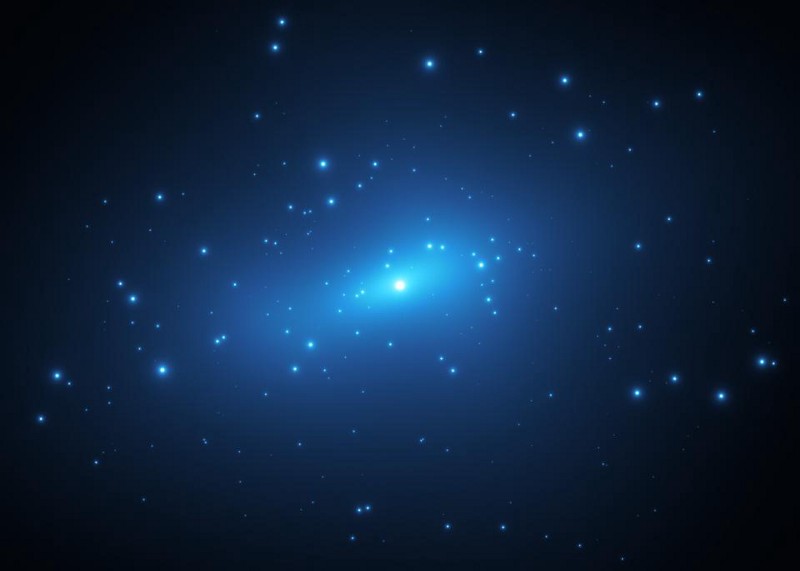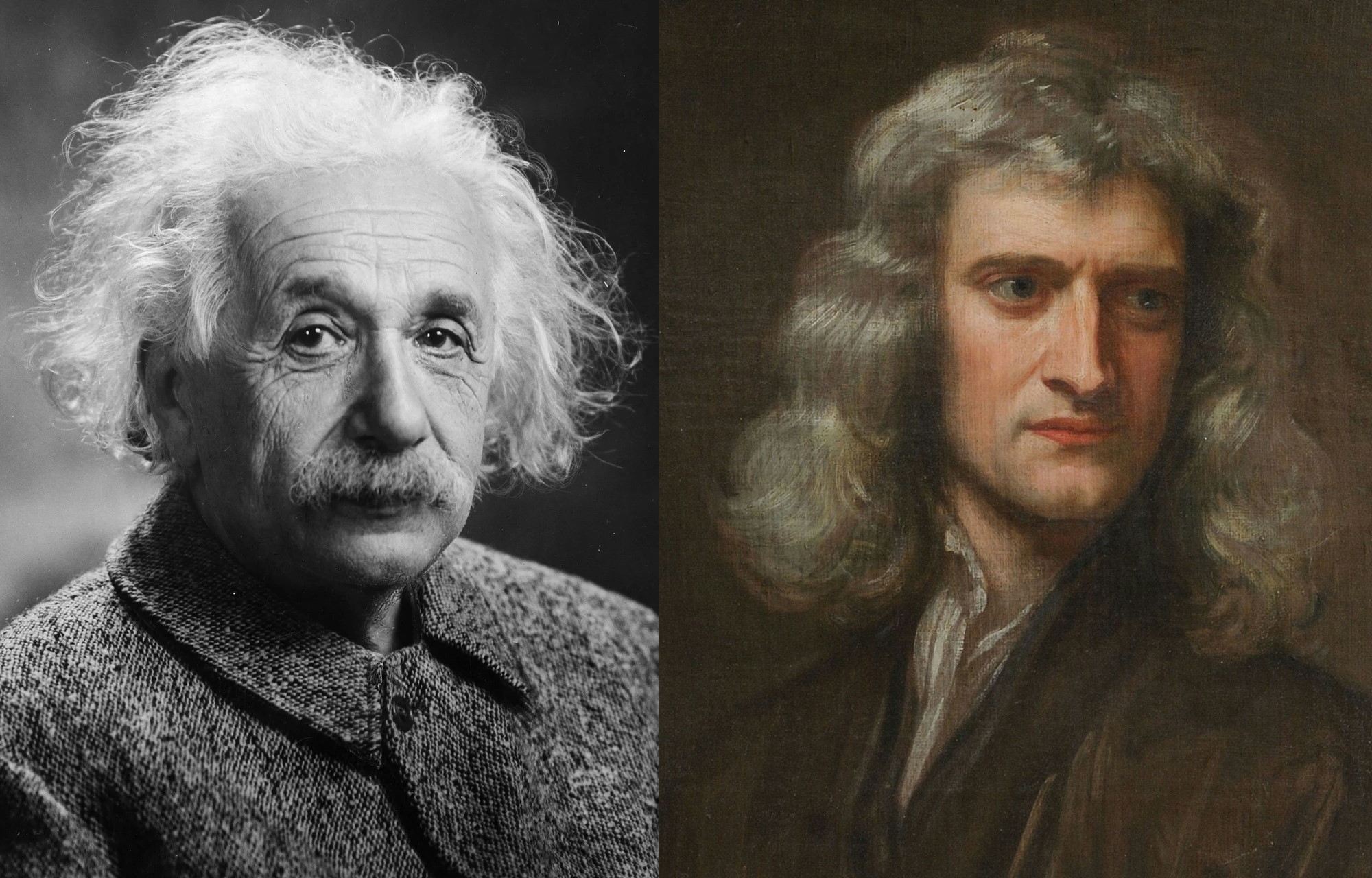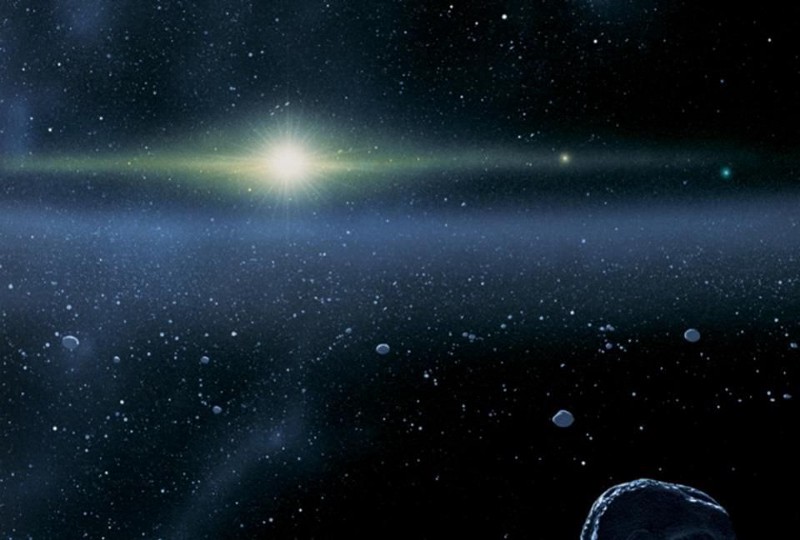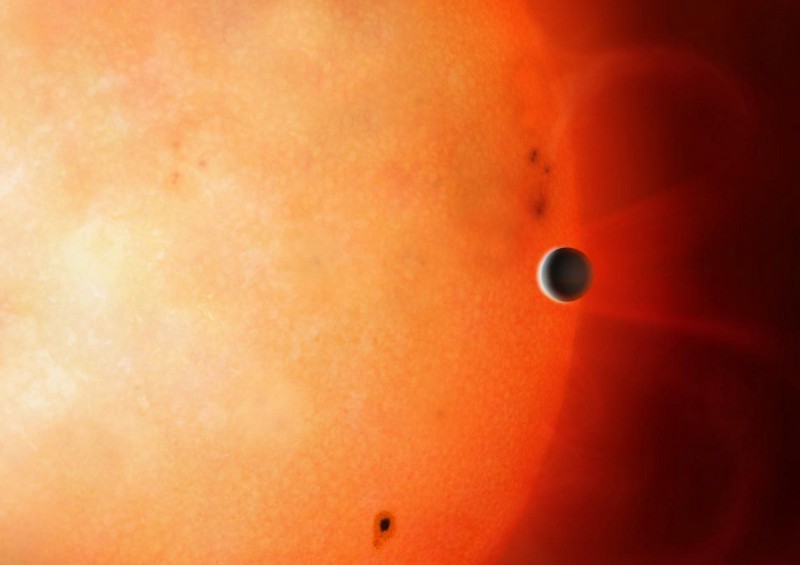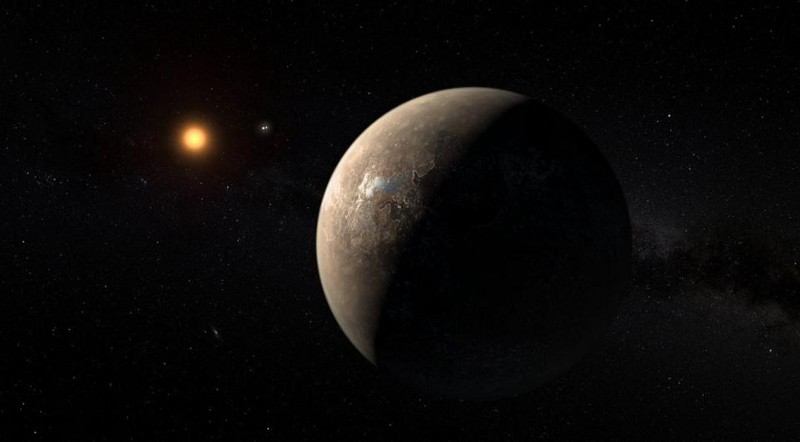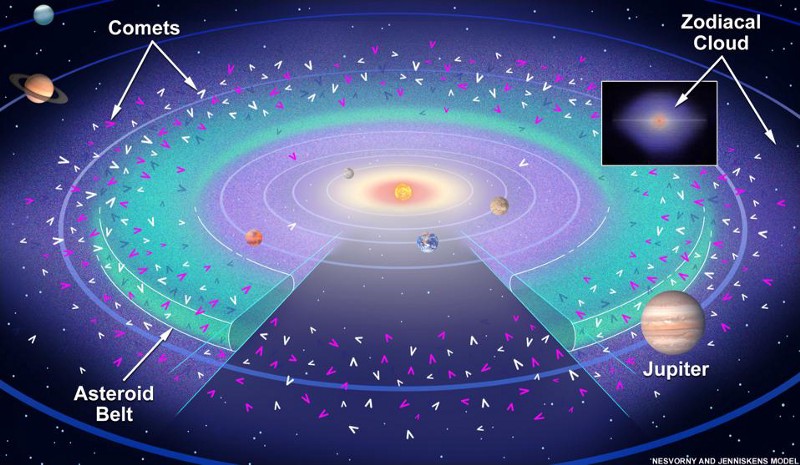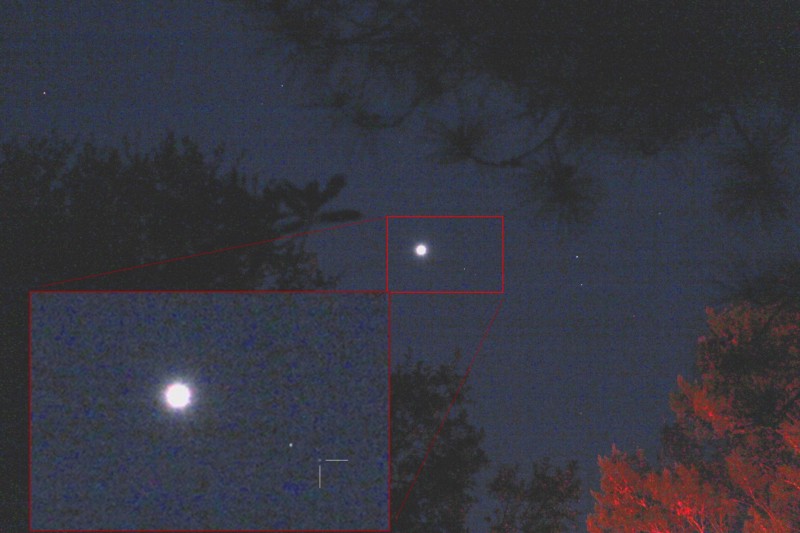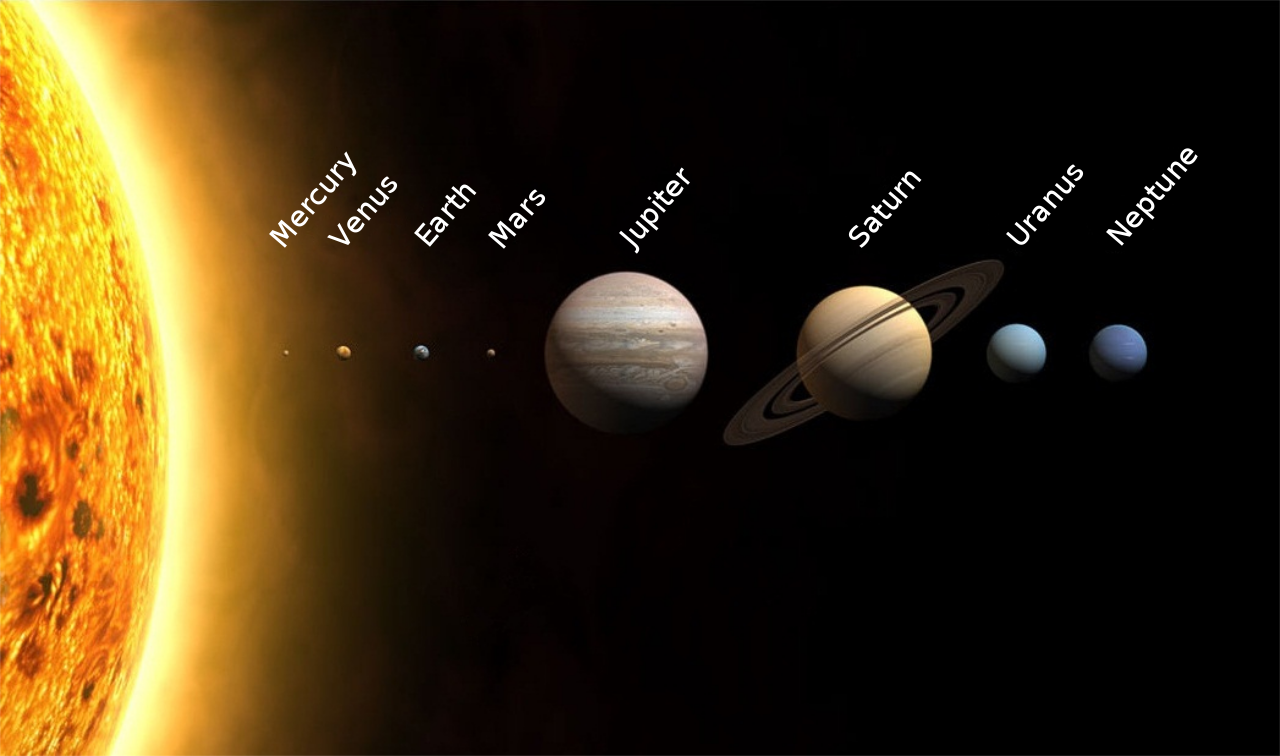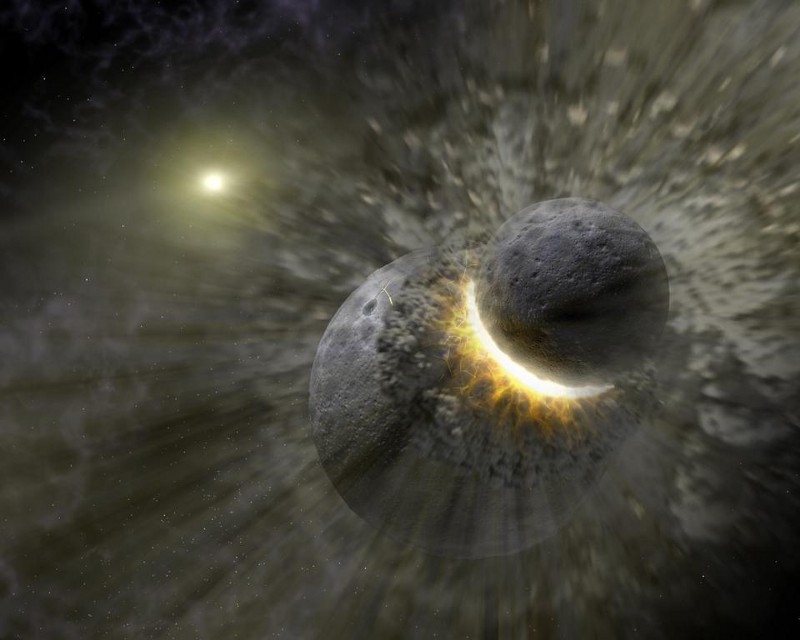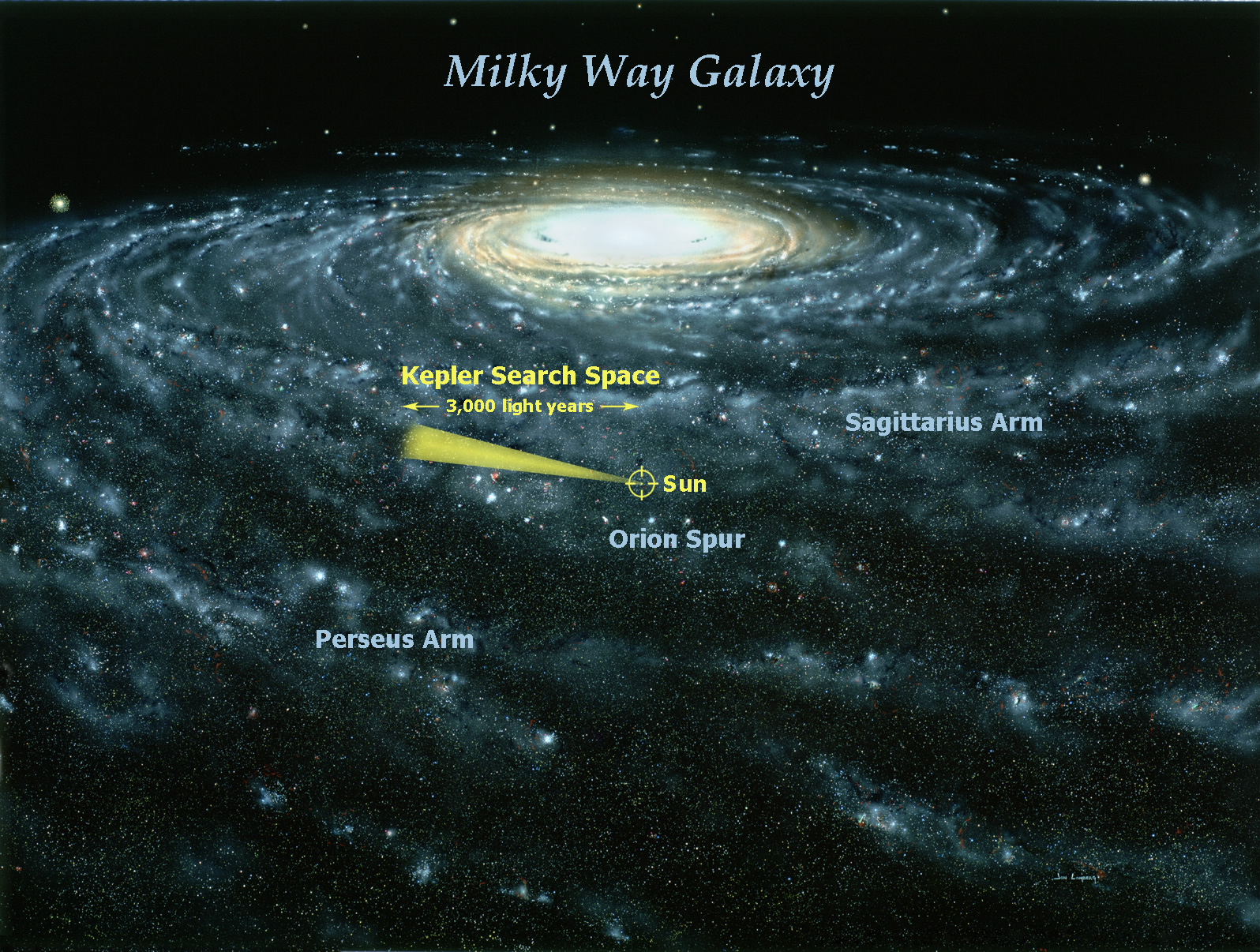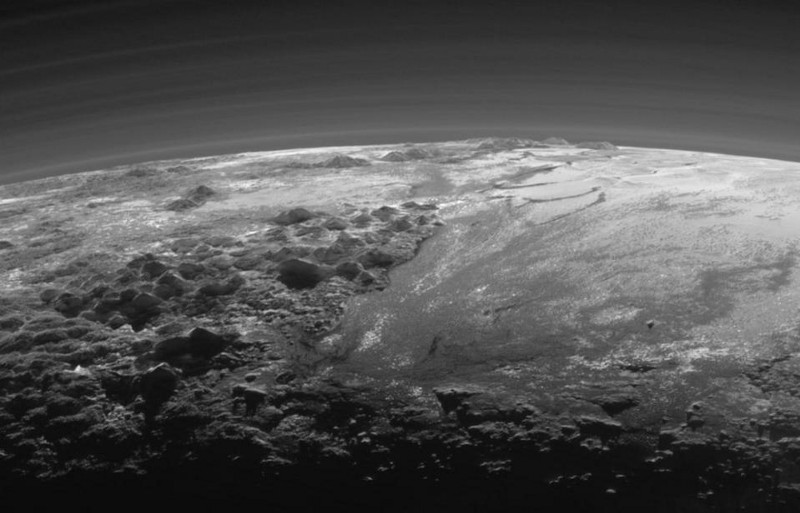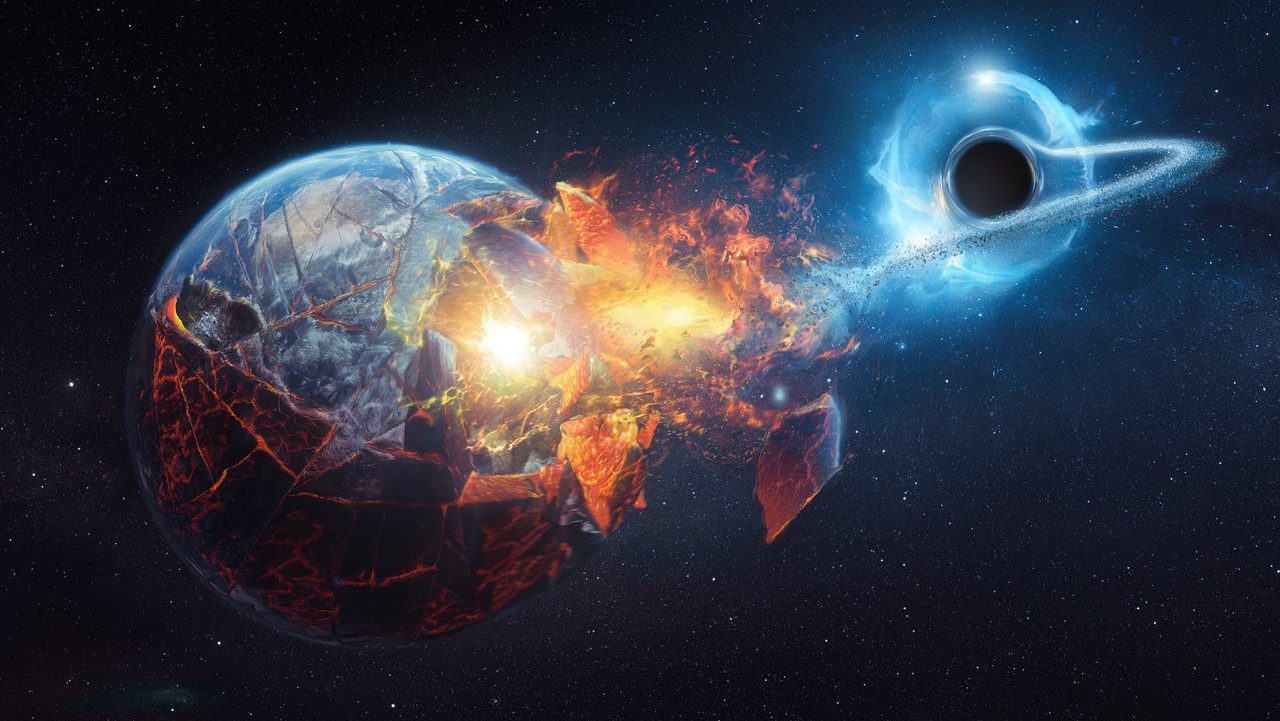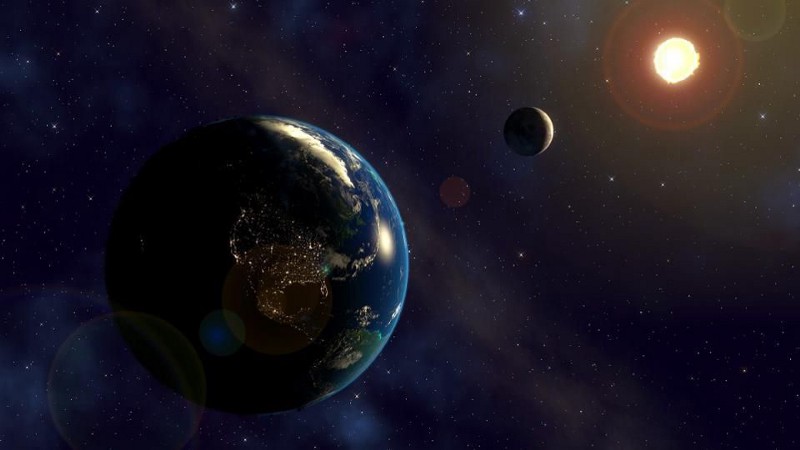The sky is blue. The oceans are blue. While science can explain them both, the reasons for each are entirely different.
Search Results
You searched for: Neptune
In our Solar System, even the two brightest planets frequently align in our skies. But only rarely is it spectacularly visible from Earth.
As long as it remains operational, we’ll have a chance to conduct groundbreaking science with it. In the history of spaceflight, only five spacecraft ever launched by humanity possess enough energy […]
The Universe is grand, awe-inspiring, and greater than we likely imagine. Even astrophysicists get anxious thinking about it, but we cope.
Science is for everyone, even those possessing strongly held beliefs that seem to conflict with the best available evidence.
Astronomers possibly solve the mystery of how the enormous Oort cloud, with over 100 billion comet-like objects, was formed.
NASA is creating a planet habitability index, and Earth may not be at the top. With our current data, ranking habitability is guesswork.
NASA has finally chosen which flagship mission, like Hubble and JWST, will launch in ~2040. Detecting alien life is now a reachable goal.
And why, even at its faintest, it always outshines every other star and planet. If you’ve been looking to the west after sunset recently, you may have noticed that there’s one […]
Saturn’s Iapetus, discovered way back in 1671, has three bizarre features that science still can’t fully explain.
Unless you have a critical mass of heavy elements when your star first forms, planets, including rocky ones, are practically impossible.
Even though the leftover glow from the Big Bang creates a bath of radiation at only 2.725 K, some places in the Universe get even colder.
If dark matter exists in a large halo in our galaxy, made up of particles, then it’s passing through us constantly. But how much?
You might be inclined to modify gravity instead, but those ideas have grossly unequal evidence supporting them. What is it, exactly, that you’re supposed to do when the predictions of […]
In all of science, no figures have changed the world more than Einstein and Newton. Will anyone ever be as revolutionary again?
In 2006, the IAU demoted Pluto. Here’s what we know today. In 2006, the last planet in our Solar System suffered an unforgettable insult, as Pluto — known for generations as our ninth […]
Even at its faintest, Venus always outshines every other star and planet that’s visible from Earth, and then some!
There are exposed planetary cores orbiting stars, and we may have already found them. When we take a look at the planets in our Solar System, there’s a pretty clear difference […]
Radar astronomy is nothing new, but a new transmitter may give us unprecedented image resolution.
What we’ve seen isn’t necessarily what we get, but the most common world doesn’t look like ours. There’s a very common myth out there in astronomy: the idea that the Sun […]
And the one step we can take to show extraterrestrials we’re figuring it out. Every year, Earth’s meteor showers accomplish two important tasks. This composite photograph shows a large number of […]
Conjunctions this close are rare, but give humanity an opportunity to view our Solar System’s faintest planet. With eight planets orbiting our Sun, any two will eventually appear close together from […]
Despite being the closest planet to the Sun, Mercury “only” reaches 800 °F at its hottest. Venus is always hotter, even at night.
Debris from Pluto-sized collisions, not aliens, are streaming through the galaxy. In 2017, scientists discovered an object passing through our Solar System that was unlike anything else we had ever seen. […]
It rotates on its axis, revolves around the Sun, moves throughout the Milky Way, and gets carried by our galaxy all throughout space.
Astronomers release new data to challenge claims about the mysterious Planet Nine.
Just say no to artist’s illustrations. This is what the Universe actually looks like. The Universe we observe often surpasses our greatest imaginings. This 20-year time-lapse of stars near the center […]
Scientists find an exoplanet whose strange behavior may lead to the Solar’s System hidden ninth planet.
The odds are slim, but the consequences would be devastating. Here’s what would happen, plus how to avoid it.
It likely isn’t the rare occurrence we once thought it was. In our Solar System, there’s one overwhelming source of mass that all the planets orbit around: our Sun. Each planet […]
